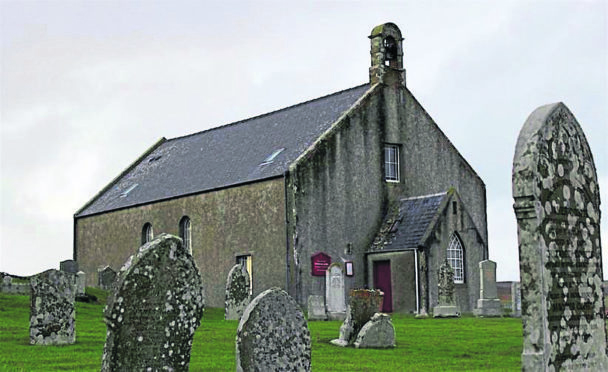Great Britain has in recent days, displayed a remarkable degree of unity.
Right across the nation, north, south, east and west, there has been a surge of national pride, related purely to the publicity and the hundreds of events created for the remembrance of the 100th anniversary of the Armistice.
Ordinary men and women became extraordinary human beings overnight, as their stories were shared, displaying an indefatigable spirit of bravery, self sacrifice, and tales of appalling human suffering.
When the guns fell silent on the Western Front on the 11th hour, of the 11th day in the 11th month of 1918, there was as much a feeling of relief that the Allies had finally secured victory, as there was of celebration.
However, joy was mixed with sadness and pain, because almost every community in the nation had experienced the loss of a family member amidst the ferocious bombardment and the endless, hellish trench warfare.
The installation of 888,246 poppies in the moat at the Tower of London in 2014 defined the stark, in-your-face reality of the human cost to Britain in the Great War.
Each poppy represented not only a life lost, but around 4.5 million family members who were left to mourn, unable to pick up the pieces of their shattered lives.
The unfathomable scale of the bereavement was poignantly portrayed in this year’s memorial at the Tower of London, with a sea of flickering candles. It was a vivid, stark, haunting reality, when words become inadequate to explain the depths of ‘wasted’ life.
Remembrance, sympathy and emotion, essential and important as they are, are not enough; we should also reflect on the lessons we have learned – and the lessons we choose to ignore.
How, in the light of that overwhelming sacrifice, do we treat today’s armed forces, the servicemen and women on whom we rely? What welcome do we give to those returning home with broken minds and bodies? And just how serious are we in recognising the gathering threat from nations more powerful and better equipped than we are?
One overarching hope for the exhausted population of our nation in 1918 was the thought of a better and very different future – by learning the lessons from the devastation of lives and cities, and embracing the words of Prime Minister, David Lloyd George, that the ‘new’ Britain would be ‘a fit country for heroes to live in’.
That hope turn out to be an illusion, a false dawn, because after the initial euphoria and celebration of the Armistice, hundreds of thousands of exhausted, battle fatigued soldiers returned from the war to a nation that was depressed by war.
The German campaign to starve Britain into submission came close to succeeding. The country was on the verge of bankruptcy. Many of the jobs that men had left in order to fight were now filled by women. Worse still, many of the men returning were understandably not the same vibrant, full of life young men who had signed-up. Many were broken in spirit, mere shadows of their former selves.
The raw facts confronting the country were these: tens of thousands physically mutilated, without arms, legs or sight; thousands bearing mental scars which, while invisible, were as debilitating as any physical injury could be. ‘Shellshock’ was hard to explain and harder to treat.
True, we know so much more about mental illness and physical injury today, but the devastating effects are with us still. Is the Britain of 2018 ‘a fit nation for heroes’ for our wounded military personnel or grieving families? In many ways, sadly, it still falls short.
For example, government resources committed to alleviating post-traumatic stress disorder and other mental illnesses still comes up short and the need remains great. This year has seen a rise in the number of suicides among serving personnel and veterans of recent campaigns in Afghanistan and Iraq. Others, unable to cope with the aftermath of war, join the rough sleeping brigade in our city’s streets.
In 1918, most returning veterans suffered in silence – it was a generation that spoke infrequently about the war. Today there has been a welcome change in culture which allows and encourages those with mental health problems to ask for help.
‘A fit nation for heroes,’ was not the only misleading slogan of 1918. The nation had also clung to the belief that the conflict was a ‘war to end all wars,’ continuing for years to come. One hundred years of modern history has shown the total error of that dangerous claim, leaving Britain militarily vulnerable.
Britain by contrast, has never spent less on defence, devoting only two per cent of gross domestic product to the defence of our nation. This has bought us the smallest Royal Navy, British Army and Royal Air Force since modern records began.
Our politicians must be vigilant about the true state of the world, and to look back across a long and violent century, yes, commemorating the losses of the past, but learn its lessons also.
Only that way can we ensure that the carnage of a century ago is not repeated.
John Young is a former soldier, Salvation Army officer and Grampian regional councillor for Bridge of Don.
